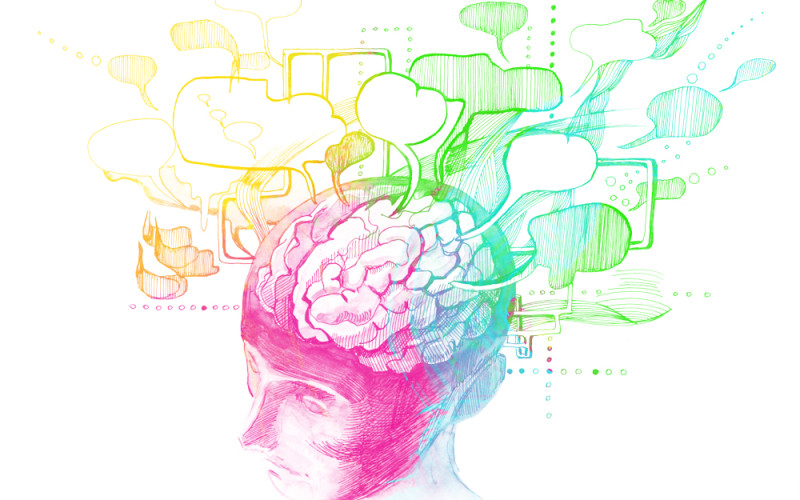What creativity can do for your well-being

“The object isn’t to make art, it’s to be in that wonderful state which makes art inevitable.” — Robert Henri
Creativity has long been viewed as a rare and unique talent, gifted only to certain artists, musicians, writers and other creative types. While there are few creative geniuses (like geniuses of any other kind), the experience of creativity is more common than most people think and has the potential — like healthy eating and exercise — to greatly contribute to our overall health and well-being.
Creativity is not limited to artistic pursuits. On a daily basis we are all presented with problems to be solved, and while we tend to approach solutions in our own habitual ways, we can bring a creative perspective to almost any activity. Combining new ideas, unique perspectives and novel elements to common situations is the essence of a creative approach. You can see this if you turn on any cooking show, particularly those shows where combining unusual ingredients eloquently is the key to winning.
So how does this relate to health and well-being? Research has shown that people who have creativity as part of a personality characteristic known as “openness to experience” live longer, deal with stress more adaptively and generally feel better about their health and themselves. There are numerous reasons for this. Becoming immersed in creative activities — challenging ourselves to think differently, and more flexibly — is a way of exercising our brain. Creative thinking actually contributes to maintaining the neural networks in our brain and keeps it running long and more efficiently.
While some activities offer distraction from daily stressors, creative work often assists in managing stress, discharging tension and even reducing anxiety. People who can think creatively tend to see stressors as challenges that are more likely to be solved.
Creative activities have a profound psychological effect as well, providing a sense of play, exploration and purpose to activities as varied as painting, cooking, playing sports or arranging flowers in a garden. If you have ever become “lost” in a project, you are familiar with what is called the experience of “flow” — that intense focus and immersion in creative activities. This experience of allowing ourselves to closely commune with our thoughts, and being mindful of our internal world promotes feelings of well-being and pleasure.
So while we all may not be creative geniuses, consider how you might include not only artistic or creative pursuits into your day, but also how you might enrich your daily activities with creative thinking.